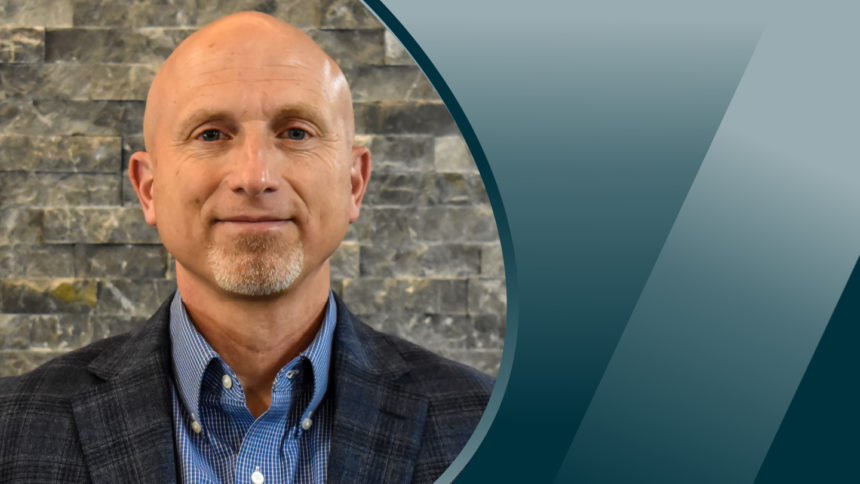
As Christmas and the new year approach, I get nostalgic. I like to think back on good old childhood memories. For me those are the 1970s and ’80s.
I remember one Christmas, I was probably 7 years old, I wanted a child’s toolbox full of working tools like a kid-sized hand saw, screwdriver, wrench and a hammer. They all came in a metal toolbox that had a latch and a handle so you could carry it around.
I must have seen it in a store and asked for it, like Ralphie did with his Red Ryder BB gun. Lo and behold, on Christmas morning, there it was. I can still feel the elation of that moment. I also remember that in short order I was in the garage sawing up old cardboard boxes and making stuff that I proudly showed my parents.
I hope you have memories like that. Just a few months before my mom passed away a few years ago, we all got out the photo albums and 8 mm films and reminisced about those days. It was a precious time I’ll never forget. Remember Clark Griswold in the attic.
2023 has been a difficult year. The regulatory onslaught was brutal. But we are surviving. These challenges have also made me nostalgic. I often think about the day I made what I thought would be a temporary switch from acute care to long-term care. I became an MDS coordinator. A competent ICU step down nurse, I quickly realized I was out of my element in this new role.
In 2001, the MDS nurse was something new. PPS had just been initiated a few years earlier and the industry was still reeling. The MDS became electronic with that change and was required to be submitted to the state, via a modem. Do you remember the sound those things made?
Quality Indicators, now quality measures, were new as well. No one really knew what was going on. Someone had to oversee it all. And so, the MDS coordinator position was born.
Today there are a litany of resources available for the MDS nurse to rely on for advice and support. It is a wonderful thing to watch online communities take root and grow into vibrant discussions. Organizations like the American Association of Post-Acute Care Nursing (AAPACN), and others, have become the gold standard for educational opportunities and certifications.
In those days, however, unless you knew someone who was also an MDS coordinator, there were relatively few resources available to answer questions and offer guidance. My paperback MDS manual was only a few hundred pages long and was scant on coding tips and clarifications. But those were the good old, “less complicated” days, remember?
I also remember through the years those who helped me grow, many of whom have become career long friends. I remember my first administrator who had confidence that I could do the job.
I remember several others I respected who came along, offered guidance, helped me gain confidence, and shed light on previously unrealized abilities. My initial nursing career plans did not include long-term care and these incredible people are the reasons I now do what I do.
I came to understand through their compassion and care for this patient population, that the MDS and all it represents, is a powerful tool for good, that when a community of caregivers surround it and it is properly utilized, our residents are the beneficiary. What a joy!
As I think back, I am grateful for Randy Lewis, Joy Powers, Sandy Deakins, Mary Marshall, Diane Brown, Mendee Rock, Linda Estes, Manning McGraw, Sumit Malhotra and the many others who carried me along like a leaf on the river of this unexpected career.
Thank you also to McKnight’s Kimberly Marselas for reminding us of what it was like to have good friends by sharing this year’s Amazon ad, “Joy is shared,” in a recent article. I have a lump in my throat every time I watch it.
The RAI process is a wonderfully formidable task that cannot be accomplished alone. I hope that you have a circle of friends who help you grow and care about the MDS tasks you accomplish each day. Their support is indispensable. The outcome of those relationships will produce remarkable results, especially for the residents you care for.
Gracing our residents with those outcomes is the reason most of us do what we do in long term care. Clarence the angel said it best to George Bailey in “It’s a Wonderful Life”: “No man is a failure who has friends.”
I feel that intensely as I reminisce. How about you?
Joel VanEaton, BSN, RN, RAC-CT, RAC-CTA, is a master teacher and the executive vice president of PAC Regulatory Affairs and Education at Broad River Rehabilitation.
The opinions expressed in McKnight’s Long-Term Care News guest submissions are the author’s and are not necessarily those of McKnight’s Long-Term Care News or its editors.
Have a column idea? See our submission guidelines here.





